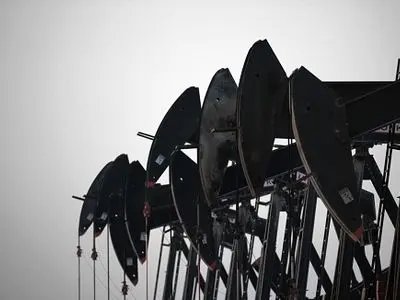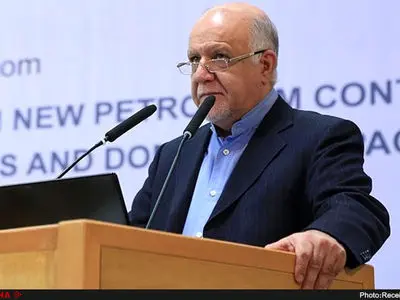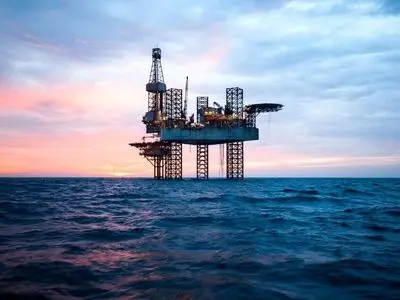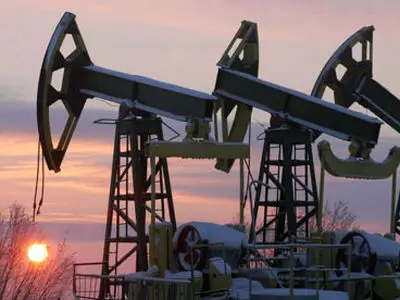OPEC and allies led by Russia agreed on Sunday to a record cut in output to prop up oil prices amid the coronavirus pandemic in an unprecedented deal with fellow oil nations, including the United States, that could curb global oil supply by 20%.
oil production
-
-
Iran’s minister of petroleum said on Sunday evening that G20 countries agreed to reduce oil production by 3.7 million barrels a day.
-
Saudi Arabia said on Tuesday it would boost its oil supplies to a record high in April, raising the stakes in a standoff with Russia and effectively rebuffing Moscow’s suggestion for new talks.
-
The ruptured 42-inch pipeline that carried oil from Ahvaz to Omidiyeh in southwest Iran has resumed operation after the technicians implemented the safety measures on it.
-
After installing A20 and A21 platforms of Abouzar Field and starting oil drilling operation, the oil production in this offshore oil field will increase to 12,000 barrels per day, director general of Iranian Offshore Oil Company (IOOC) said.
-
Oil production from the West Karoun oilfields in southwest Iran nearly doubled in the past year, oil minister Bijan Zanganeh said.
-
Iran’s daily crude output has exceeded 3.9 million barrels "for the first time after the sanctions removal" in early 2016, government spokesman, Mohammad Baqer Nobakht, said on Tuesday.
-
Crude prices have soared after the Organization of the Petroleum Exporting Countries agreed to cut crude output.
-
Iran has no plans to freeze the level of its oil production and exports, Deputy Oil Minister Rokneddin Javadi was quoted on Sunday as saying, as the country tries to raise its crude exports to pre-sanctions levels; reuters reported.









